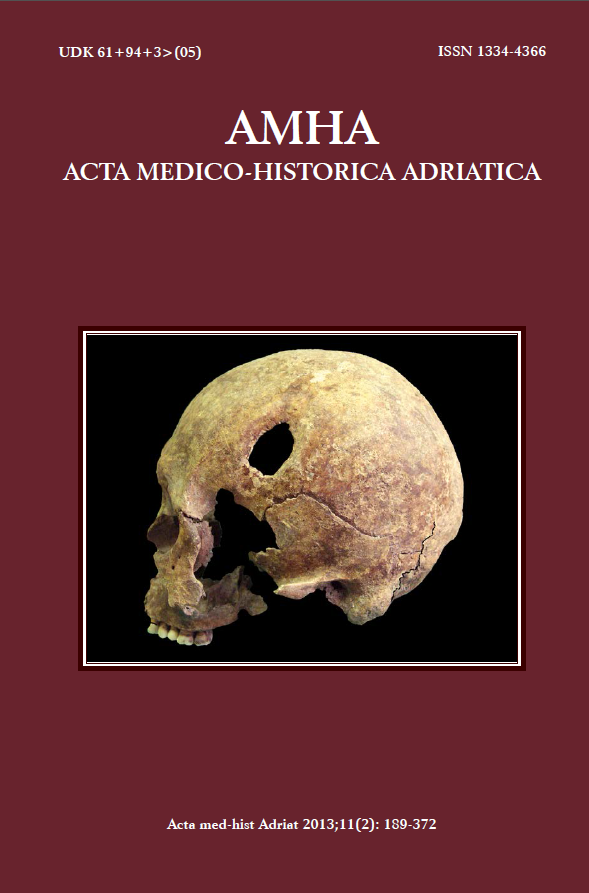BENEFITS OF LETHAL PANDEMICS: DIRECT IMPACT OF CONTAGIOUS DISEASES ON PUBLIC ADMINISTRATION IN HUNGARY (1867-1914)
Keywords:
Hungary (1867-1914), public administration, pandemics, cholera, smallpoxAbstract
The reconciliation of 1867 between Austria and Hungary brought great changes to Hungarian public administration: the way towards the building up of a modern public administration had been opened. Although there was a functioning public health system and a related legislation from the late 18th century, major issues — such as balanced geographical distribution of medical personnel, fair access to medical services even in the poorer regions of the country, and the effective protection against some contagious diseases — were not resolved for decades. During the reform work of public administration since the 1870s, the lawmakers touched repeatedly the framework and functioning of the public health as well. Although the general conditions of the domain depended traditionally on the municipalities and counties due to the national importance of the matter, the government made efforts to make the functioning of the public health more efficient through centralisation. The contagious diseases continuously endangered the population, revealing the weak points in the existing public health system, thereby giving a momentum to the reforms and helping the government in its organization of prevention and clearly contributing to the legislation work.


